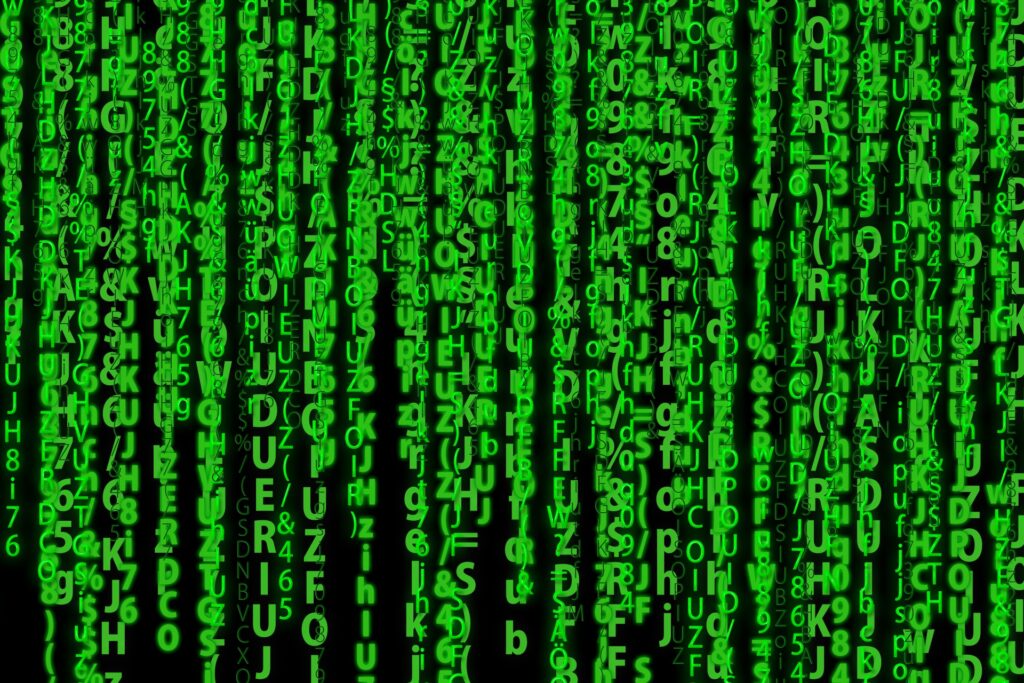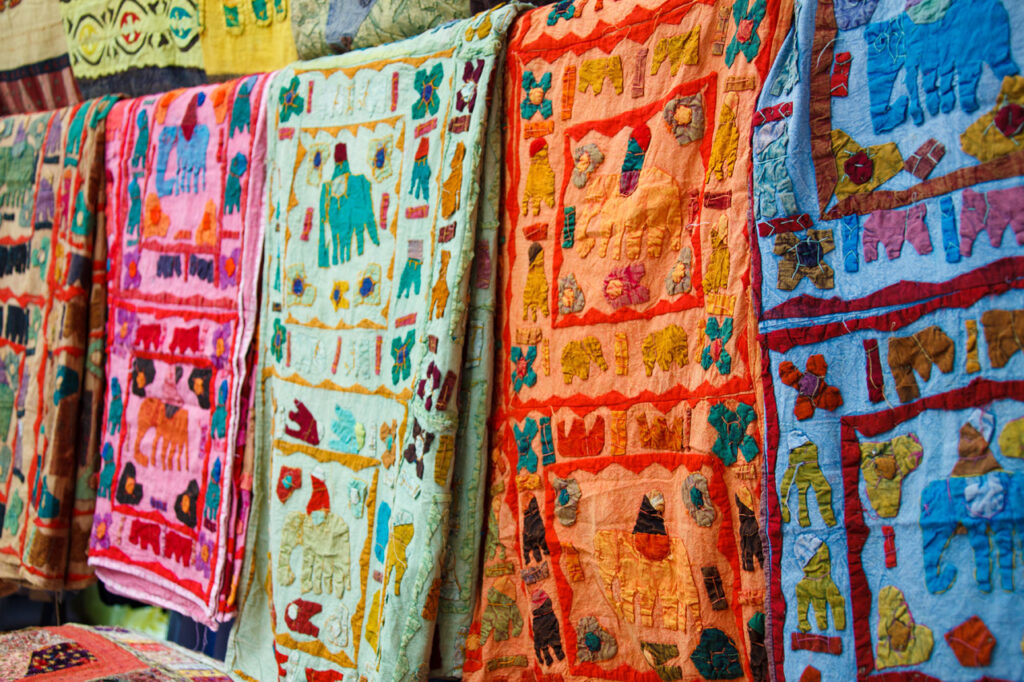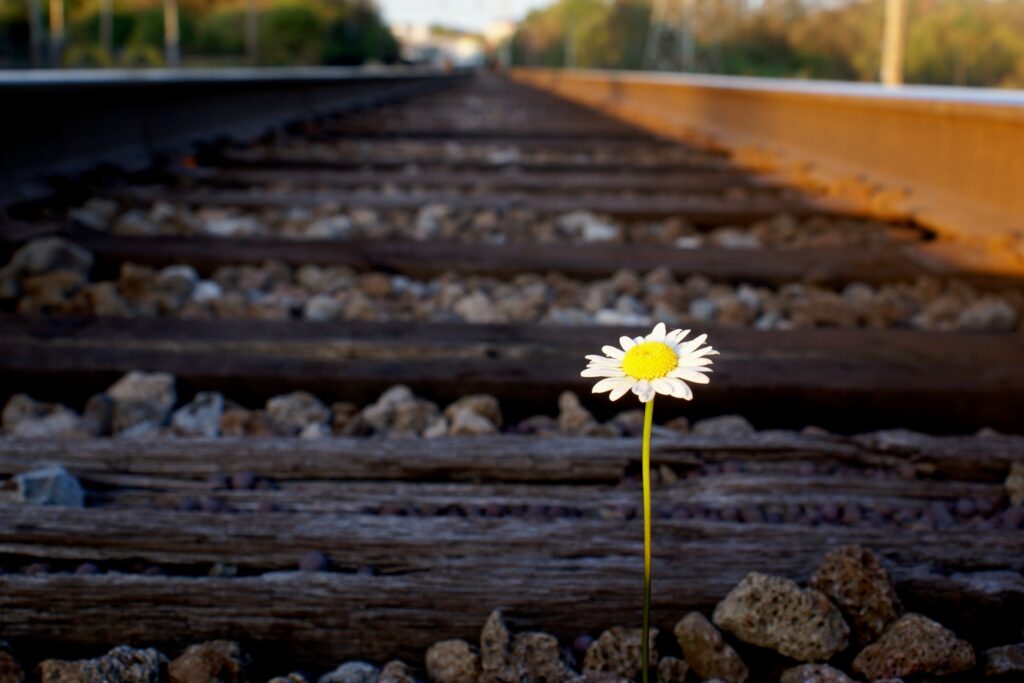How to Save the World: A New Year’s Resolution
By Christopher Bernard
It took me far longer than I wished to win my personal war against tobacco. It took weeks, then months, then years, with many relapses. Several of my principal weaknesses – a blind stubbornness, a willful pride, an almost mystical subjectivity – were at war with each other as much as with my strengths – a fairly clear-eyed honesty with myself and an obstinate common sense. I almost didn’t succeed. But I did, finally. I kicked cigarettes for good. I am profoundly grateful for that. I might not be here if I hadn’t.
And what has that to do with saving the world? I admit it’s a stretch, but let me see if I can show how it might.
I have been following theories of climate change since I first heard the term “global warming” in the mid-1970s. The science seemed compelling, the logic impeccable. Living alone at the time, I cooked most dinners at home: almost every night I would watch a saucepan as the water in it simmered to a rolling boil; it usually took a while, and I soon understood the old saying, “A watched kettle don’t boil.” The example of a frog going to sleep in a kettle of warm water and then being slowly boiled to death before he even noticed what was happening was something I could imagine vividly.
My concerns about the “environment” (I object to this painfully misleading term, since nature does not “environ” us – it is us, down to the marrow of our bones and the thoughts in our minds; I use the word for convenience, but under protest) seemed to be shared by the country at large. The news media reported regularly on pollution and similar issues. The governments of the world seemed to take “environmental matters” seriously, making vague statements of high-minded intent and even passing cautiously worded – some might say, too cautiously worded – laws. Even corporations began advertising something like a sincere concern for something other than their next quarter’s profit. I began to feel what I had not felt in a very long time for our public institutions: hope, even giddy moments of optimism.
After all (I thought, reasonably enough, surely), despite psychopaths and mass murderers galore, many of them in positions of highest leadership, humanity as a whole is not evil, is not suicidal. If I myself ever became aware I was doing something I knew would kill or seriously injure me and those around me, I would stop what I was doing – or I would at least modify it. As I mentioned at the beginning of this piece, I was once addicted to cigarettes; I knew the dangers and, during that same decade, I had reduced my smoking, over many months, from two packs to six modest cigarettes a day. I had not stopped, true, but it was a beginning.
I had no difficulty understanding or accepting the recent theories of global warming (“recent” only for us, of course; the first such theories went back to the nineteenth century, so the “novelty” of our “discoveries” seemed painfully ridiculous). They were among the reasons I have never owned an automobile. I was also persuaded that the human population was dangerously near the earth’s carrying capacity; this is one reason I never had children.
We all know what has happened since the 1970s. I watched with sickening alarm as the fossil fuel companies, with the connivance of members of state and federal governments, began to sow self-serving doubts about the scientific evidence for global warming, much as tobacco companies had done in the 1960s against the evidence for health conditions – lung cancer, emphysema, heart conditions – being caused or worsened by tobacco use.
I recognized the playbook instantly and with a feeling of bitterness. A teenager in the 1960s, I had learned the same lesson over and over: to take anything the government or corporations state with the greatest possible suspicion. I was sick to my soul with an awareness of how profoundly corrupt American society, at least in appearance, had become: if an economic activity made some group of people very wealthy, even though that activity was actively fatal to many, the American political system made it extraordinarily difficult, and sometimes impossible, to stop them.
I was at the same time horrified and unshocked at the turn of events. America was playing a game it has been playing since the founding: rhetorical hypocrisy, proactive rapacity, pragmatic nihilism, murderous effects. Lay waste, transmute, consume, accumulate; repeat.
At the darkening heart of the world we were entering during those decades of Thatcher, Reagan, and the theorists of the University of Chicago school of economics, I saw the ravaging effects of a capitalism without limits being unleashed across our globe. I had no illusions as to where we were heading, though I kept to my private mantra: “We must come around, we must face reality, we must, we will, act. After all, we aren’t suicidal.”
But many of my fears were becoming realities. We now know we were deliberately blinded; going back to the 1950s, when fossil fuel companies first became aware that, as long as global society was powered principally by oil and coal, “global warming” was a likely consequence and might have catastrophic consequences for human society and other life forms on earth, it has been corporate policy to obscure and deny what they already knew, and to keep the rest of us ignorant and blind. Greed, hubris, and a pathological contempt for the rest of humanity, and of life itself, drove them: the sociopathy of the corporation, the psychopathology of the drive for increasing profits at any price, drove the rest. A typically human blend of complacency, selfishness, and denial – something of which we are all, alas, guilty – would work its poison throughout the human system.
It took a long time before I discovered that there was one weak link – indeed it was the weakest link of all – in the chain that binds human society to the capitalist Juggernaut. What drives the psychopathology of capitalism? The need to feed the beast with ever greater profits. But what drives those profits?
We do: you who read this, and I who write it. The most powerful drivers of capitalism are the twin steeds of avaritia et gula – greed and gluttony. But the greed would not be successful if gluttony did not reward it.
Or, to use a more modern word for the latter: “consumerism” – or its humbler name: buying – whether of things or experiences – going to a movie, taking a trip, “going shopping.” Whenever we make an economic transaction – of any kind whatsoever – we feed the beast. Whenever we avoid one, we deprive the beast of food, water, air. We contribute to its conquest, perhaps even to its end.
Is it really so simple? Indeed. And like many a simple thing, it may be impossible to change. Because the cruel and bitter truth is that we are addicted to the paradise of consumption – the mirage of an endless satisfaction of every desire – that capitalism has made possible, and as long as we remain subject to it, we are condemning ourselves to a horrible fate. Because we know that the grip of an addiction is ruthless and relentless; once a person is in that grip, it is only a matter of time before they will destroy themselves and any who come near them.
We are that addict. And our addiction is buying. It is an addiction that is encouraged, even demanded, by our entire society, by our governments, by friends, cohorts, colleagues, family. We don’t even call our society, our culture by those names anymore – we call it “the American economy.” We are buyers and sellers, producers and consumers, and not, really, anything else – at least, anything that really matters. We are, as a whole, unable even to imagine any other way of life; even many of our putative solutions to the climate crisis are based on an illusion that our economies will save us; we must consume differently, but we still will, we still must consume. We make uneasy jokes about it: “Shop till you drop!” But that is because we know it is true, and we can’t stop ourselves. We are in its grip. It flatters us, intoxicates us, makes us always desire more. “Don’t you just love Amazon Prime!” It seems to have us by the throat.
And yet – the one thing we also know is that we are never entirely in the grip of anything. And that tiny corner of sanity at the far back of our minds can, at any moment, be accessed and made to prevail; can be used to conquer the beast that seeks to control, enslave, and ultimately destroy us. It is neither easy nor simple nor quick to do this. But human beings are self-directing, self-generating, “self-programming,” though it is in the interests of the powers that be to prove to us otherwise: that we are helpless, strengthless, hopeless, pawns of need, drives, and power. But you and I belong to the species that nature, in her infinite wisdom, or her folly, made free. And that freedom makes us ultimately in control of, and responsible for, our lives. We can conquer even an addiction as deep as this one.
Here is my proposal for a New Year’s resolution for myself and for all of us: to reduce buying in 2022.
Not to end buying. Merely to reduce it.
I have no intention of living like an ascetic, because I know trying to do that will fail. I will rebel against my own good intentions, I will backslide, defiantly. It will even make my bad habits worse.
Did I tell you how I kicked cigarettes? I started small. I was smoking, as I said, two packs a day. For the first month of this experiment in stopping smoking, I actually made myself smoke those two packs a day every single day, even when I didn’t want to,
Then I gradually, over the next year, cut down, one or two cigarettes a month at a time, to one pack a day. Afterward I continued, using the same method of reducing by one cigarette a day each month, till I was down to six cigarettes a day, and at that number I stayed for years.
I hold that everyone should have at least one vice – it keeps you from committing far worse evils. Human beings are not saints, and those who try to become saints often become the worst monsters of all. So I kept smoking, moderately; even my doctor agreed I was not endangering myself too much.
But then, over the years I noticed how the costs of cigarettes, thanks to “sin taxes” (of which my conscience heartily approved) kept creeping up, up, up, until a single pack cost more than twice as much as my daily lunch. This was ridiculous! It was high time to cut back to zero. I concocted a new plan: ease myself off via the vile toxin nicotine itself. I started using various kind of nicotine gum; a cigarette, a piece of gum, a cigarette, a piece of gum, alternating, every day. Another year passed.
Then, one late afternoon, a miracle happened.
I was smoking the fourth or fifth cigarette from a recently purchased pack, and I was struck by an overwhelming sense of disgust at the taste of the tobacco smoke. I crushed the cig, threw it out, and tossed the freshly opened pack into the same trash basket without a qualm. Except for a handful of weakenings over the next few years (I would be struck, out of the blue, by an overwhelming desire for a smoke, purchase a pack, sneak it home, open it (peel off the see-through plastic wrapper, flip open the seductively designed box, unfold the mottled gold sealing paper), pull out the fresh, deliciously smelling cig, then light it up with the serene yellow and blue flame of my old lighter, and voluptuously take a deep inhale – and gag on that same disgust at the awful taste filling mouth, sinuses, throat, lungs, and, with an enormously disappointed shrug, throw both it and pack away into the trash with all the force of bitter disillusionment), since that moment I have not returned to my cigarette addiction since.
Once every few years I still get an urge for a smoke, but I have learned that cigarettes are a waste of time and money; I have learned that smoking a cigar, or the single bowl of a pipe, does the trick, a quarter hour of sybaritic bliss. Then I am free for the next several years.
I have a cigar I bought the other day that I plan to smoke on New Year’s Eve.
The next day, January 1, 2022, I will begin my new resolution: to reduce my buying in 2022. Not painfully, not ascetically. Just a little bit for now. Then, next year, I will reduce it a little more. Again, not too much. I’ll never reduce it entirely till they bury me! And hopefully that won’t be for a long time to come.
And, while thinking of the good work I intend to do in 2022, I’ll be thoroughly enjoying my cigar.
After all, I must have one vice.
Anyway, that’s how I connect quitting cigarettes with saving the world. Because the one way we know the world we live in will end is if we don’t solve the climate crisis.
And both quitting cigarettes and solving the climate crisis are about ending addictions.
So, kind reader: what is your resolution?




